Mechanical Engineering Advisory Council
Industry — Academia
Bridging the Gap
The Mechanical Engineering Advisory Council (ME-AC) provides a forum for exploring and implementing means by which the education and research programs of the Mechanical Engineering Department can best serve and be supported by industry.
ME-AC Members

Ted Angelo
President
ME Global
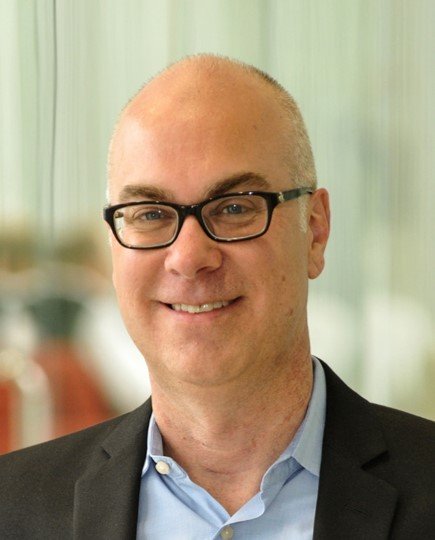
Scott Buss
Business Development Director, Customer Solutions
3M
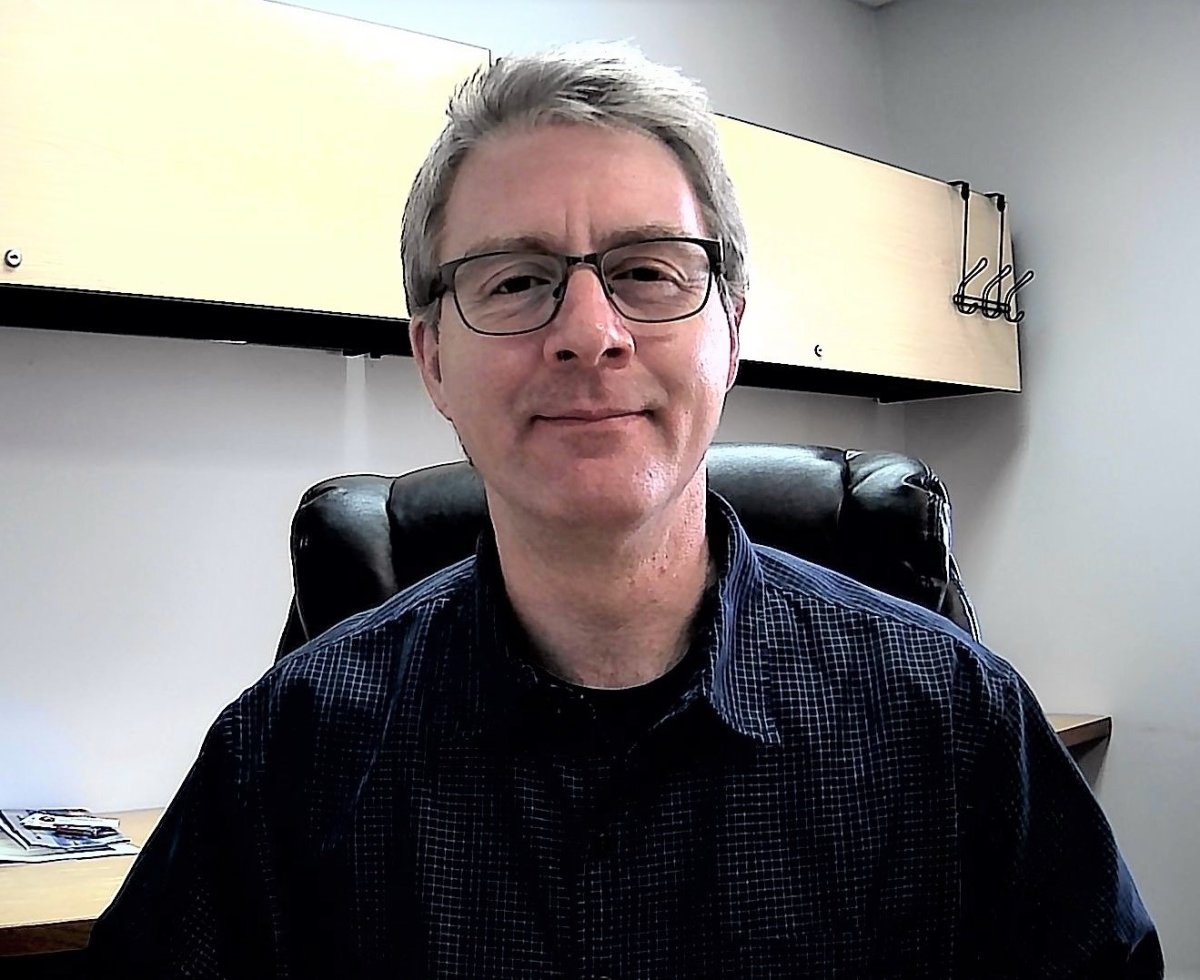
Mark Coffill
Director Engineering
Rosenbauer America, LLC

Mark Desjardin
Senior Engineering Director
Seagate
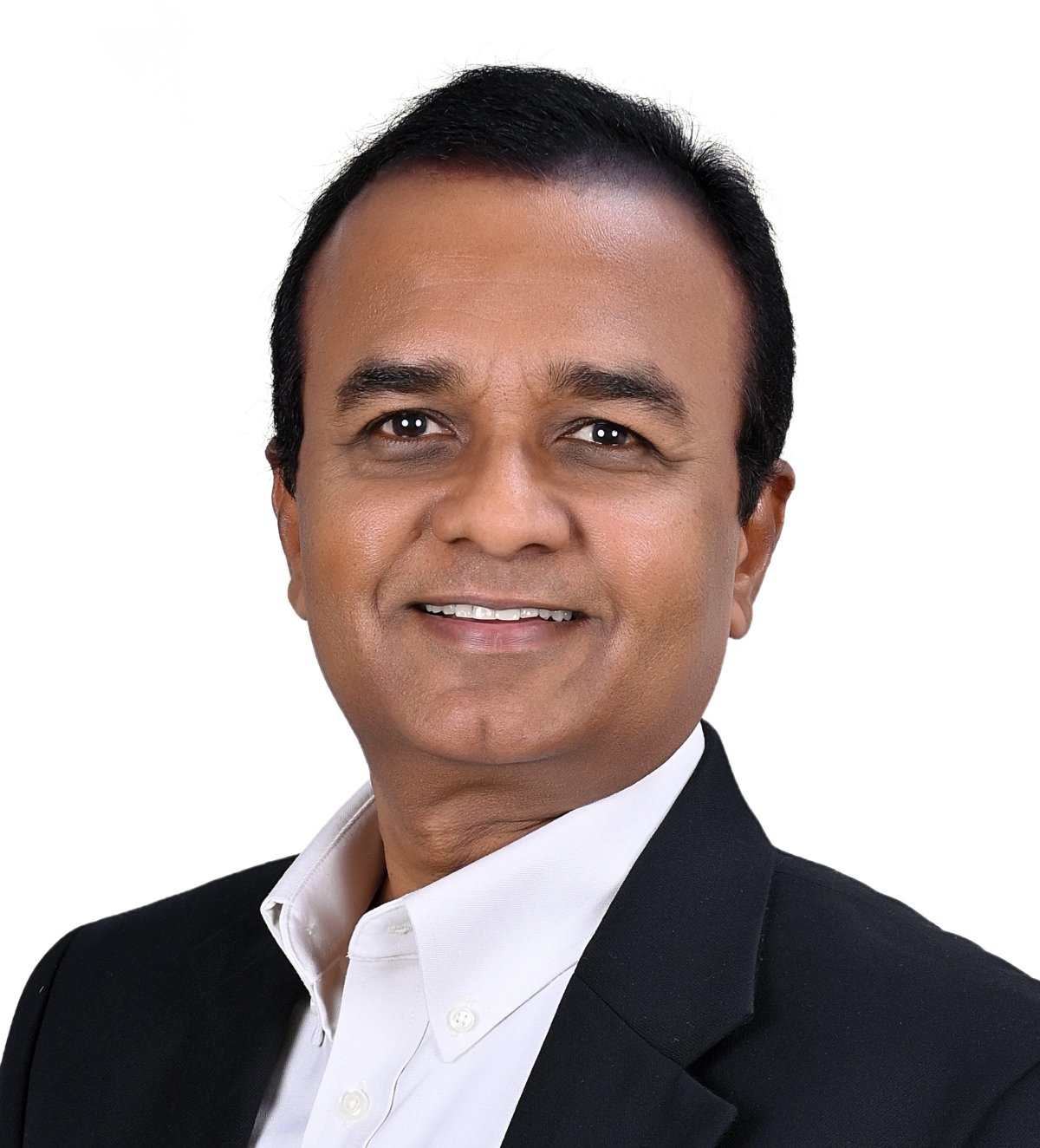
Anil Gopinathan
Vice President of Engineering
Trane
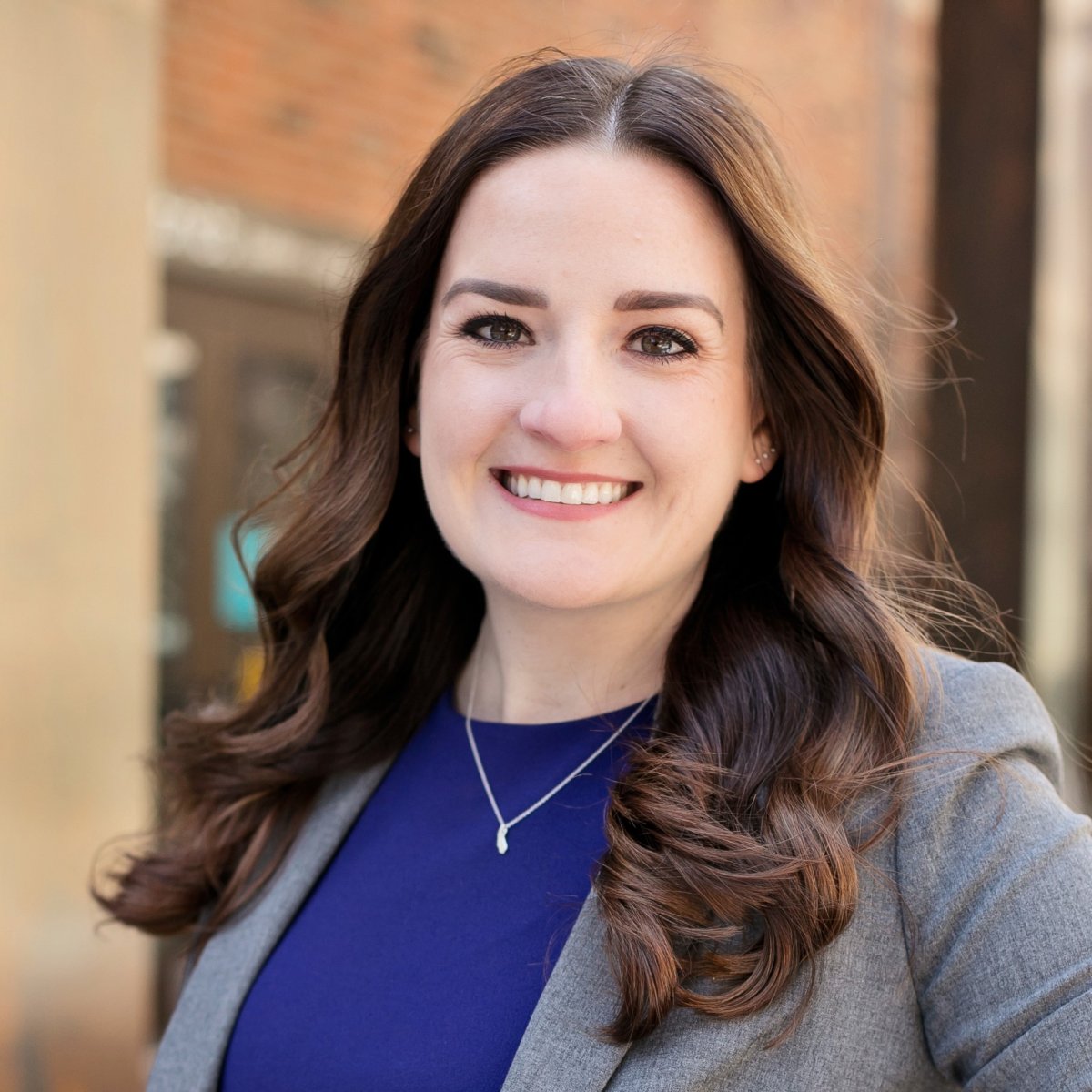
Jaimie Hamilton-Antonson
Technical Advisor, Energy Management Solutions
Cummins

Tony Hase
Chief Engineer
TSI Inc.

Scott Heineman
Director Quality
Boston Scientific

Ben Hoxie
Senior Director, R&D Solutions
Danfoss Power Solutions

Steve Hubbard
Vice President of Engineering
Tennant

John Hurst
Sr. Director, Center for Technology, Research, and Innovation
The Toro Company

Karen Isaacson
VP of North American Distribution - Operations
Emerson
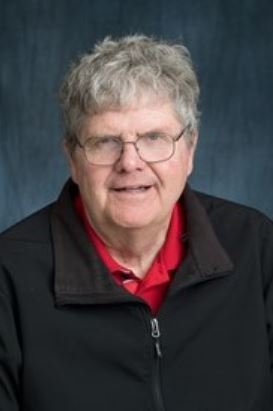
Dana Lonn
Managing Director, CATT Emeritus, Consultant — Retired
The Toro Company
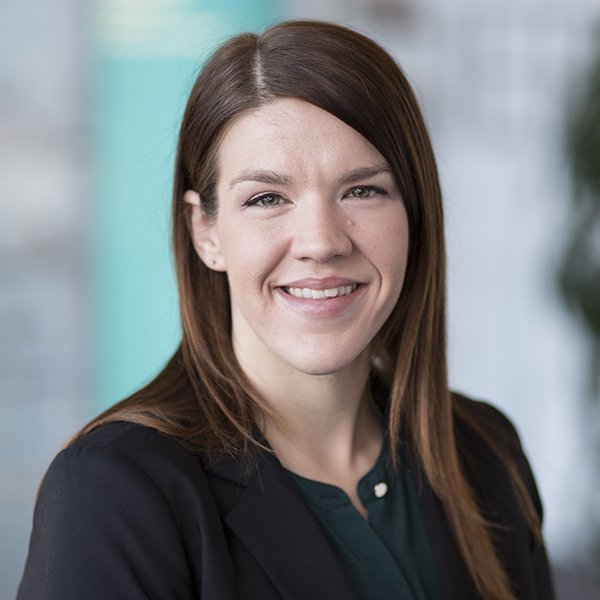
Danielle Mathiesen
Engineering Manager
Medtronic

Padraic McGuire
Global Laboratory & Plant Manager — (Retired)
3M
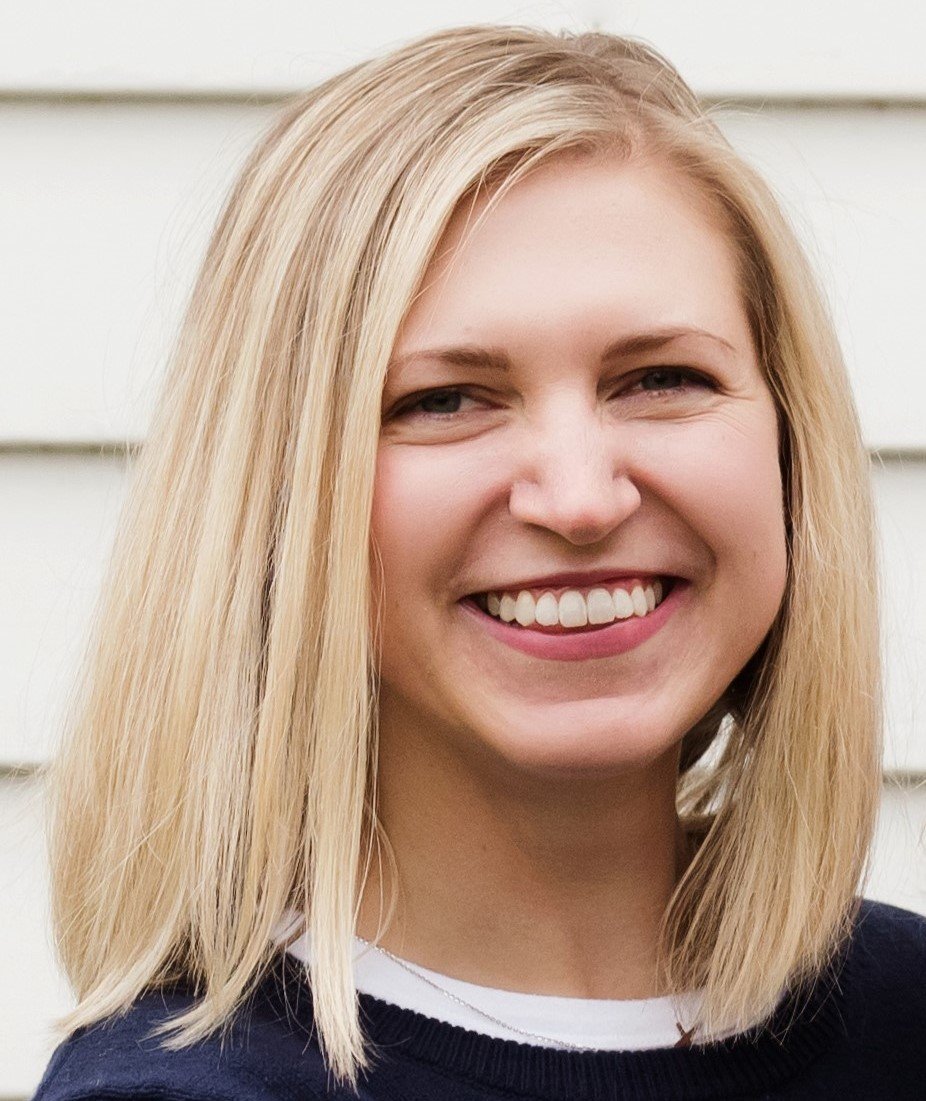
Lisa Picha
Engineering Manager, Design Automation
Medtronic
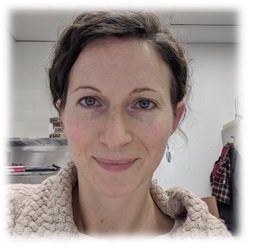
Rebecca Vossberg
Manager, Systems Design & Profit Engineering
IBM
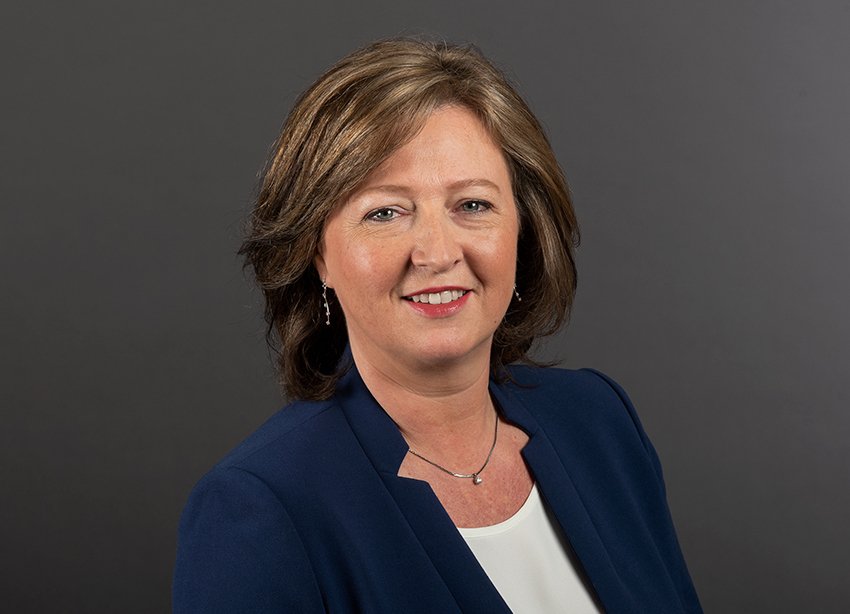
Angie Wordell
Executive Vice President, Operations
Graco

QingHui Yuan
Senior Director, Data Science & Modeling
Donaldson Company
ME-AC Bylaws | Adopted April 20, 2011
+
ARTICLE I — NAME
1.1 The name of this organization shall be: The Mechanical Engineering Advisory Council (hereafter referred to as the “MEAC”) of the Department of Mechanical Engineering, University of Minnesota, Minneapolis, Minnesota. As used herein, “Department” shall mean the Department of Mechanical Engineering in the College of Science and Engineering (“CSE”) at the University of Minnesota (“University”).
+
ARTICLE II — OBJECTIVE
2.1 The objective of the MEAC is to provide assistance in facilitating the highest quality of mechanical engineering education and research at the University.
2.2 The MEAC reports to the Head of the Department of Mechanical Engineering (“Department Head”) and will make appropriate recommendations or reports to the Department Head.
+
ARTICLE III — PRIMARY FUNCTIONS
3.1 MEAC is expected to:
A. Act as an advisory group to the Department Head on specific issues.
B. Advise on modifications that the Department might consider to ensure that educational and research programs stay attuned to the needs of industry and the profession.
C. Advise on the various undergraduate and graduate curricula of the Department.
D. Examine operations of the Department and try to bring about a better understanding of its mission – particularly as it relates to industry and professional practices.
E. Advise and assist the Department on ways to raise resources from private and corporate sources.
F. Serve as an advocate to represent the Department’s interests to the business, professional and the various governmental communities and to the administration of the CSE and the University.
+
ARTICLE IV — MEMBERSHIP
4.1 The membership of the MEAC shall not exceed 16 members. Members shall primarily be selected from alumni of the Department and the representatives of companies that employ graduates of the Department. The MEAC membership should reflect the diversity of such companies. The Department Head will be an ex-officio member of the MEAC. Ex-officio members are non-voting members of the MEAC.
4.2 Unless they are appointed under the provisions of Section 4.4, members shall be appointed by the Department Head and serve a full term.
4.3 A full-term membership shall be limited to three (3) years. An individual may serve no more than two (2) consecutive membership terms. Members shall be elected to staggered three-year terms, with the terms of approximately one quarter to one third of the membership expiring in any given year.
4.4 If a member resigns during the term, the Head may appoint a new member to complete the resigning member’s term.
4.5 Two (2) unexcused consecutive absences may be construed as a resignation. Extenuating circumstances will be reviewed by the Head and MEAC Chair.
4.6 Members shall use best efforts to attend meetings and devote the time necessary to effectively serve the MEAC, the Department, CSE, and the University.
4.7 By accepting membership, each member of MEAC agrees to abide by and be bound by the terms of this document.
+
ARTICLE V — OFFICERS
5.1 The officers of the MEAC shall be a Chair (“MEAC Chair”) and, at the discretion of the Department Head and MEAC Chair, a Vice Chair/Chair-Elect, each appointed by the Department Head in consultation with the MEAC Chair.
5.2 The MEAC Chair shall preside over meetings of the MEAC and provide guidance in the achievement of the Department’s goals.
5.3 The Vice Chair, if appointed, shall preside over MEAC meetings in the absence of the MEAC Chair. Unless he/she is unable to serve, the Vice Chair/Chair-Elect will become the MEAC Chair at the conclusion of his/her term as Vice Chair/Chair-Elect. The Vice Chair, or another designee of the MEAC Chair, shall maintain and distribute minutes of the meetings to MEAC members.
5.4 The term of the MEAC Chair shall be two (2) years. A member may serve more than one term as MEAC Chair or Vice Chair/Chair-Elect.
+
ARTICLE VI — MEETINGS
6.1 A regular meeting of the MEAC will be held in the fall of each academic year. A second meeting may be held in the spring. Meeting times and locations for the next meeting will be designated by the MEAC Chair and communicated to MEAC members and nominees with reasonable advance notice (normally at least one month).
6.2 Special MEAC meetings may be called by the MEAC Chair with reasonable notice to all members.
+
ARTICLE VII — COMMITTEES
7.1 The MEAC Chair, in consultation with the Department Head, will appoint MEAC committees as required. One standing committee shall deal with curricula (the “Curricula Committee”) and another shall deal with advocacy (the “Advocacy Committee”). Each committee shall have a minimum of four (4) members. Other ad hoc committees may be appointed for a limited period of time. Normally, only MEAC members may serve as members of the committees. The Department Head may appoint additional at large members to the committees in exceptional cases and in consultation with the MEAC Chair.
7.2 The responsibilities of the Curricula Committee are to consult with and advise the Undergraduate and Graduate Committees of the Department on matters affecting the curricula for the various degrees offered by the Department.
7.3 The Advocacy Committee is responsible for advising and assisting the Department on ways to raise resources from private and corporate sources. The committee also serves as an advocate to represent the Department’s interests to the business, professional, and the various governmental communities and to the administration of CSE and the University.
7.4 Each committee will prepare and maintain minutes of each meeting, which shall be submitted to the MEAC Chair and the Department Head within at reasonable time following each meeting.
+
ARTICLE VIII — EXPENSES
8.1 MEAC members are individually responsible for personal, lodging, travel, and other expenses incurred in connection with MEAC duties. Exceptions may be made in special cases at the discretion of the Department Head.
+
ARTICLE IX — EVALUATION
9.1 At the request of the Head, the MEAC shall conduct an annual self-evaluation of past activities for the purpose of improving the MEAC’s conduct and making necessary changes as a result thereof.
+
ARTICLE X — PARLIAMENTARY PROCEDURE
10.1 All business meetings of the MEAC, and of any Committees, shall be governed by the parliamentary rules and usages contained in the current edition of Robert’s Rules of Order. A quorum shall consist of one-third of the membership of MEAC. Members unable to attend a meeting may assign a proxy to an attending member or ex-officio member of MEAC by writing a letter to the MEAC Chair or the Department Head.
+
ARTICLE XI — AMENDMENTS
11.1 Amendments to these Bylaws and Procedures may be proposed by any MEAC member.
11.2 Proposed amendments to these Bylaws and Procedures shall be submitted to the MEAC members before consideration and action. Changes to these Bylaws and Procedures require an affirmative vote of at least two thirds (2/3) of the total MEAC membership.
+
ARTICLE XII — ADOPTION
12.1 Adoption of these Bylaws and Procedures shall be by majority vote of the entire MEAC membership and they shall be effective from the date of adoption.
+
ARTICLE XIII — DISCLAIMER OF LIABILITY AND LIABILITY INSURANCE
13.1 MEAC does by this Article, for itself and on behalf of its individual members, disclaim any and all liability for any losses, claims, demands or actions, arising or resulting from the recommendations or advice made or given in good faith to the Department pursuant to the activities anticipated herein. It is intended that the Department exercise independent judgment and evaluate for itself the usefulness of the advice and recommendations so given.
13.2 MEAC is not a legal entity, has no assets, and cannot enter into contracts. Accordingly, members will refrain from entering into any contracts or incurring other legal obligations on behalf of MEAC.